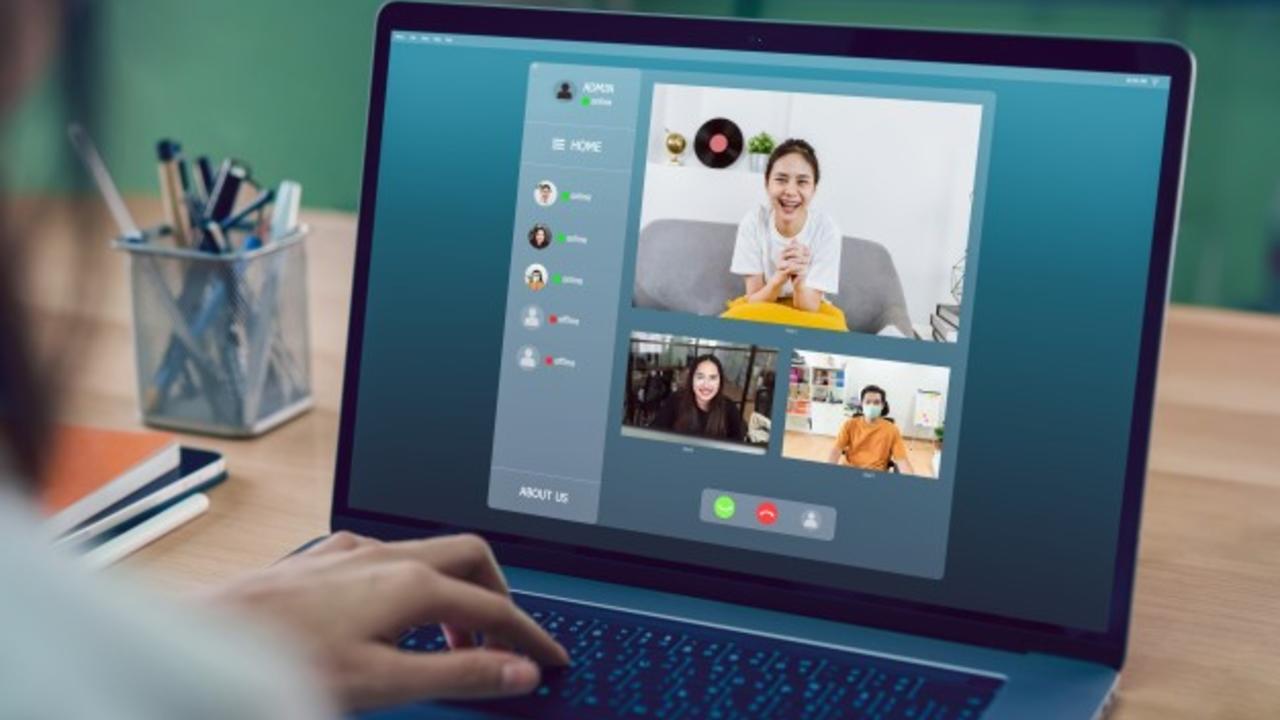Developing Interpersonal Effectiveness in the Workplace during COVID-19

COVID-19 has changed the way social interaction is being executed. Instead of making physical contact in an external environment, we have to settle within the confines of our own houses, facing a computer monitor. However, despite these differences, the rules of effective social interaction still apply.
We know how the social world works. Even in the current landscape where social media is the primary form of communication between people, what is expected from us in social situations in the digital space are the exact same expectations when it comes to how we handle face-to-face interactions.
Of course, miscommunication can and will happen when using technology as your platform of communication. This is most evident when it comes to the simple task of typing out a text message. A lot of what makes communication effective such as facial cues or the tone of one’s voice simply cannot be put into words.
Even in video calls where you have a greater range in terms of expressing your thoughts more accurately, some things are just lost in translation when processed through a digital medium.
Though technology’s benefits surely outweigh its shortcomings, there are certain aspects in which we have to put the effort into improving our communication skills because of what technology can’t do. This all leads to the competency of Interpersonal Effectiveness.
Interpersonal Effectiveness is about being attuned to others and demonstrating compassion and sensitivity when needed to. It’s about how you can relate to others and put them at ease. By going about it in a diplomatic way, you can build rapport with your fellow team members and strengthen your relationships with them.
The importance of having this competency in the work place cannot be stressed enough. Because of COVID-19, we need to stay in touch with our team and with our goals as an organisation in a way that minimises confusion and misunderstandings, while strengthening bonds and interpersonal relationships. Regardless of your position in the organisation, whether you’re the team leader or not, this competency is a must have in the workplace.
If you feel as if you’re lacking in this competency, then here are some tips in how you can develop your own Interpersonal Effectiveness to its full potential.
Focus on other people first
According to Stephen Covey, a habit displayed by highly effective people is that they “seek first to understand”. For some people, it is hard to put themselves out there. Therefore, they let their voices blend seamlessly into the background, never to be heard of. That is why it is your initiative to show interest in your fellow team members and in what they have to say.
Understand that people come in different styles
Each person has a different communication style. Some people are straight to the point in their approach, others are more willing to elaborate further, and some, as previously mentioned, would rather not say anything at all, unless prompted to. Enhance your Interpersonal Effectiveness by using all types of interpersonal skills and selecting an interpersonal approach that is comfortable for others.
Ask for honest feedback
You may have unknowingly presented yourself in a negative light. Sometimes, we come across as unapproachable or insensitive. We can be too quick to get to an agenda or the task at hand and not pay genuine attention to others. Ask others how your interpersonal skills are currently and how you can further improve it to show that your intentions with them are true. Feedback is essential in all forms of self-improvement and is what makes for better people.
Learn to truly listen to others
Pay attention to what people are saying and how they respond to you. Listen to what motivates them and what they need from you in the moment. Remember to check in on their emotional state and listen to them when they feel the need to share something with you.
Share information
Interpersonal Effectiveness is built on mutual understanding. Therefore, when it comes to ideas, we have to share the “why behind the what” of it. Confide in others how you arrived at your thinking and conclusion so that they’ll know where you’re coming from. More importantly, invite others to share their thinking and ideas so that everyone comes out of benefiting from it.
By following these tips, you now have a better understanding as to what makes Interpersonal Effectiveness effective. It’s built on a foundation of empathy that is inherit in all of us as members of a team and as human beings in general. By coming together under a joint understanding, we can help each other attain what it is that we need the most.
At People Builders we have a team of expert trainers and coaches who can help you and your team develop Interpersonal Effectiveness. Contact us today for a quick chat to see how we can partner with you to train and coach you and your team.
Let's start a conversation!
Contact us to see how we can partner with you to bring out the best in your people.
We hate SPAM. We will never sell your information, for any reason.



